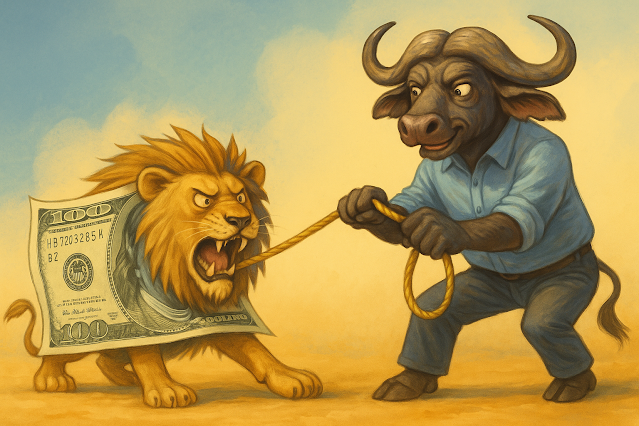🌸 Financial Education for Women: Economic Autonomy and Decision-Making

A gender-based approach to promoting financial independence 👛💪 In a world moving toward equity, financial education for women is not a luxury—it's a necessity. Learning how to manage money, make informed decisions, and build economic independence is key to boosting self-esteem, preventing dependency, and creating new opportunities in life. 💡 Why is financial education so important for women? For too long, many women have been left out of major financial decisions—at home and in society. But when a woman gains financial knowledge, she becomes empowered. She can: 🔹 Make conscious decisions about income, expenses, and savings 🔹 Start her own business 🔹 Break free from financial dependency 🔹 Prevent economic abuse 🔹 Plan a secure future for herself and her family 💼 Financial education with a gender lens Financial education isn’t just about learning how to make a budget or open a bank account. A true gender-sensitive approach takes into account: ✔️ The structural b...










